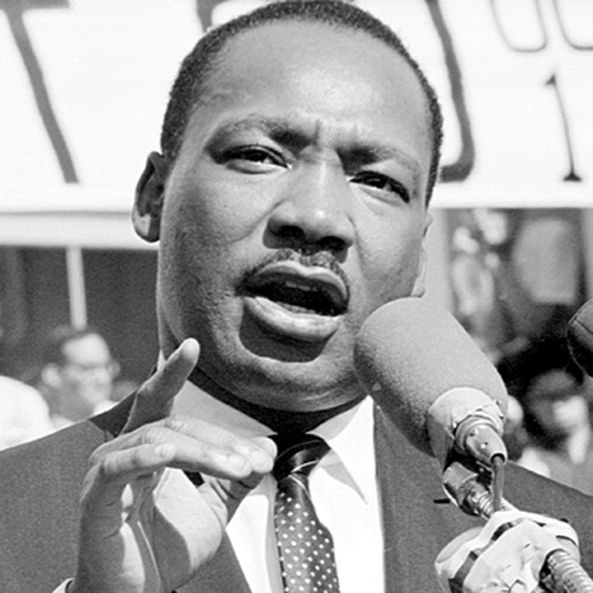|
The Breadcrumbs widget will appear here on the published site.
When All the Waitstaff is BlackBy Paisley Hibou QuailBellMagazine.com NPR is my aural crack. If it's not yours, then you're missing out on some fascinating March on Washington coverage, from interviews to reflections to book discussions. This morning, in the wee hours when the highway was virtually free of commuters, I heard a Q&A with two men who were rookie cops back in 1963—one black, one white. Those were the days when Washington, D.C.'s police force was stills segregated, making their crowd control during the peaceful protests a ironic reminder of the social crisis ravaging America at the time. On almost a daily basis, I'm reminded of how that social crisis isn't over. Here's one episode that illustrates just what I mean: Over a year ago, I worked for a magazine that hosted a company event at a men's club. I stepped through the majestic columned entrance donning my best daywear. Even in this age, it is rare for women to come inside the building. They are only invited for special occasions and expected to look their finest. Growing up, I remember hearing my father sometimes remark on the strangeness of men's clubs. What a sexist remnant from the past. His voice played in my head as a man offered to hang up my coat. I politely declined and headed up to the company breakfast. That's when I noticed that the coat check attendant was not the only black member of the waitstaff. All of the employees were black. The man filling my glass with ice water was black. The man placing food trays on the buffet table was black. The man replenishing the juice carton supply was black. Everyone sitting at the table—with the exception of two interns, the only black ones I'd ever seen in my two years at the company—was white.
I immediately felt awkward, not just because I was a woman in a men's club but a white woman. Now I think to #solidarityisforwhitewomen and #blackpowerisforblackmen on Twitter. How did these black men feel serving white men all day? How did these black men's wives, girlfriends, sisters, and mothers feel about them serving white men all day? I didn't have much of an appetite after noting the situation, despite being a college student seated ten feet away from tables overflowing with free, fancy food. Even though I was groggy, I tried extra hard to enunciate 'thank you' each time a server poured me water or offered to take something out of my way. But I felt—and feel—horrible that that's the best I could imagine doing at that point. Had only black men applied for these jobs? Did this club have any black members? Why didn't my company employ more black people? Why were these racial dynamics still a reality in 2012? It would take too long to answer these questions in this essay and I probably couldn't without getting angry, anyway. For brevity's sake, I'd probably be better off pointing at a map of triangular trade and calling it a day. What I can do, perhaps a little more successfully, is wish everyone going to Washington, D.C. in honor of the March on Washington and current voting concerns my deepest appreciation and best wishes. Thank you for revering and making history. Please treat the event as an opportunity to respect a generation's sacrifices and not just as, in the words of my former AmeriCorps buddy, Daniel Stokes, an opportunity to “Facebook or Instagram a picture to look trendy.” CommentsComments are closed.
|
|








